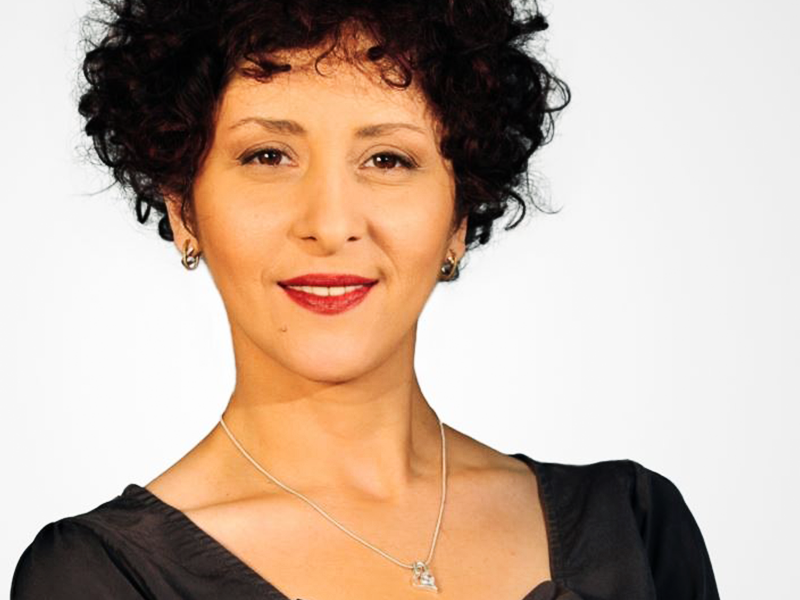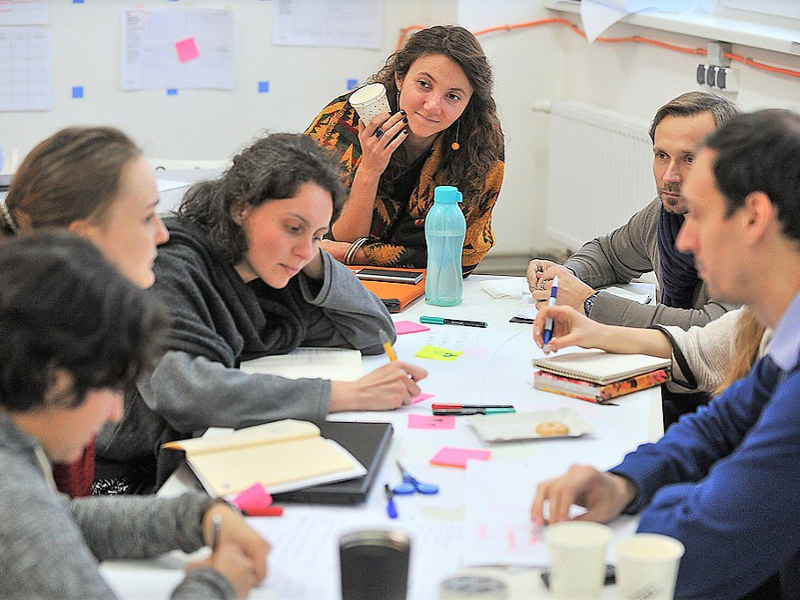
Finance for Cultural Organisations: Five Recommendations from a British Expert
Define your goals
The main question that you should ask before drawing up the budget is what you want to achieve. Compile a clear and accurate list of goals and objectives and use it to plan your finances. You can use the SMART criteria to guide you. SMART is an acronym of Specific (determine the specific area of your project), Measurable (quantitative result as one of the criteria of success), Assignable (specify who is responsible for what), Realistic (state what results can be realistically achieved), Time-related (determine when the results can be achieved).
Structure your budget
If your project is taking part in a competition, it should show professionalism and an understanding of the real advantages and risks on the market. If you already have experience of drafting budgets for cultural initiatives, review previous projects. Such an analysis will help you to reconsider mistakes and identify strengths.
Comprehensive explanations
If you are drawing up a budget for a cultural initiative, you are likely working with people who are good at generating ideas but often lack knowledge of the financial aspects. To facilitate your communications, create a separate document in which you explain what all these figures in the tables mean. Such explanations can even be useful if you need to delegate responsibilities or work with partners.
Be realistic
When budgeting, pay attention to revenues that do not depend on grants and third-party funding. You should also take into account “hidden costs”, such as utility bills for electricity, telephone, or other unexpected expenses. To determine your revenues and expenses, find out what the financial norms in your niche, country and similar organisations are.
Partnership
It is important to take into account international relations, but also communication within the organisation. In order to implement a project successfully, you should clearly determine delegated responsibilities and leaders. For working together in harmony, create a clear plan in terms of time and tracking revenue. The financial side of the project is not about money but about the people with whom you are implementing a joint project. `
You can learn about all the budgeting stages from the Finance for Cultural Organisations course.
To learn how to draft successful applications for grants, take a look at this course on our website.
More about strategic planning, Creative Europe, one of the biggest grant programmes, and the possibilities of advocacy in the Online Learning section on our website.




